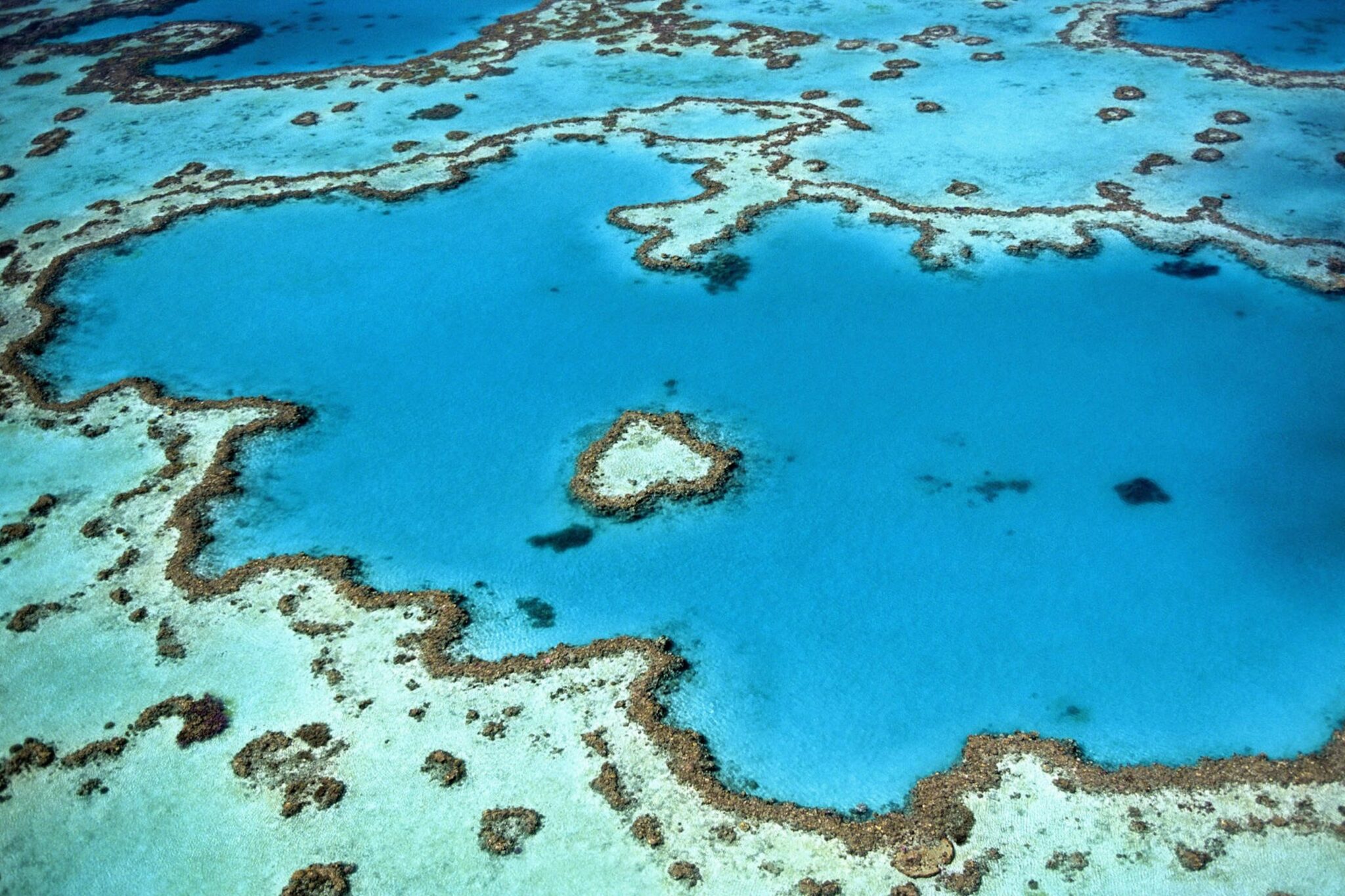Skift Take
The Great Barrier Reef is experiencing its fifth coral bleaching event in eight years. Surprisingly, tour operators are crucial in providing the research the government needs to save the treasure.
The Great Barrier Reef is in the midst of its worst mass bleaching event on record — a process in which warmer-than-usual water causes corals to expel their algae and turn white. Corals can survive a bleaching event, but it puts them under stress and makes them more susceptible to dying.
The tourism sector in the Great Barrier Reef has a long history of trying to lessen the harms of human impact. And in recent years, it has found that tourists can help.
The Reef brings more than 2 million tourists to the northeast coast of Queensland, Australia every year and it provides 60,000 jobs. The reef ecosystem boasts 400 types of coral, 1,500 species of fish, rare whale species and six of the world’s seven marine turtle species. It was designated a World Heritage site in 1981. However, the experience has been changing as the climate warms.
UNESCO, the UN body that oversees World Heritage sites, suggested in 2021 that the site be added to its “In Danger” list. It avoided that designation but will be evaluated again in the second half of 2024.
A History of Conservation Tourism
Tourism in the Great Barrier Reef has been conservation-focused for decades — the industry is closely regulated, caps are put on locations and tour operators, and in the past few years, tour operators have increasingly shifted their focus to educating a concerned audience about how climate change is impacting the reef.
“There have always been really conscious travelers,” said Mark Olsen, CEO of Tourism Tropical North Queensland, a non-governmental organization in Cairns, Australia. “But I think we’ve finally hit a mainstream audience, particularly travelers in their 20s and 30s who have grown up in a climate crisis and who understand that the natural world is under stress from human-induced effects.”
Passions of Paradise is among a handful of operators that offer a science tour in which tourists can dive and help monitor coral health and nurseries. Other groups have glass bottom boats that show tourists where the reef is struggling, where corals have been relocated to help them thrive, and where life is still vibrant.
One company, Reef Magic, offers visitors the chance to help replant corals outside the water. Replanting coral fragments is a highly regulated process, so most companies don’t have approval to let non-experts partake.
But Olsen says that the industry is seeing a demand for tourists who want to help, and they’re working to respond by offering hands-on activities.
Reef Research Relies on Tour Operators
Beyond tour activities, tour operators are crucial to the monitoring of the coral reef. Twenty-six tour operators are engaged in an initiative in which they provide surveys to the government. Between 2023 and 2024, they provided almost 3,500 reef health surveys to the government.
“There has always been strong involvement of tour operators in monitoring,” said Gianna Moscardo, a professor in Tropical Environments and Societies at James Cook University in Australia.
But this involvement wasn’t fully recognized until the pandemic, when the lack of tourists meant the region wasn’t collecting enough data on the reef. The Australian government realized this and started providing extra funding to reef operators to continue monitoring.
Now, the groups are not only invested in monitoring, but they’re also pulling out all the stops to limit their negative impact.
Between 2019 and 2021, at least six companies joined the Coral Nurture Initiative, a partnership between researchers and tour operators to conduct research and restore the reefs where they operate.
An operator called Tropic Wings plans to introduce a dozen battery-powered vehicles, becoming the sole tour operator in Australia with fully electric coaches. Another operator, Sailaway Port Douglas, is using the first electric glass-bottom boats.
“[Covid] was really a catalyst for more businesses to turn their enterprise toward conservation,” said Olsen.
Scientists don’t see this as an all-in-one fix for the corals — the fossil fuel emissions from international tourism are central to the problem. However, the travel industry in the Great Barrier Reef has been an essential part of how the region collects data, and the emerging partnerships could set a standard for similarly vulnerable ecosystems around the world.
“Tourism is what’s getting us the information that allows us to say, what’s the damage? What is the response? What corals are coming back?” said Olsen. “I think since December the tourism sector has collected 15,000 observations of the natural environment. It’s a proper partnership.”
The Daily Newsletter
Our daily coverage of the global travel industry. Written by editors and analysts from across Skift’s brands.
Have a confidential tip for Skift? Get in touch
Tags: australia, climate change, sustainability, tourism, Travel Experiences
Photo credit: Part of the Great Barrier Reef from above. Credit: Yanguang Lan
